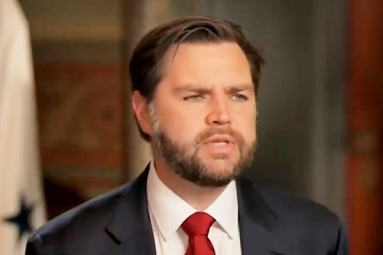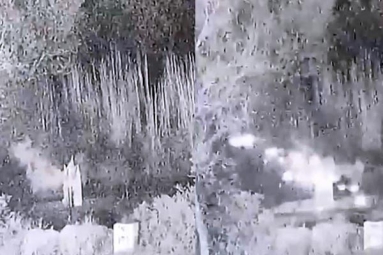
(Image source from: Lawtrend.in)
The Supreme Court on Monday refrained from granting relief to Delhi's embattled Chief Minister Arvind Kejriwal. This came after Kejriwal challenged the High Court's interim stay on a trial court's order that had granted him bail in a money laundering case linked to an alleged excise scam. The top court stated that issuing an order now would mean prejudging the issue. The Delhi High Court had earlier paused Kejriwal's release on Friday, after the trial court had granted him bail on June 20. The Aam Aadmi Party (AAP) national convener, who was arrested by the Enforcement Directorate (ED) on March 21, would have walked free from Tihar jail on Friday had the high court not intervened with an interim stay in favor of the federal anti-money laundering agency. The high court's vacation bench had directed the parties to file written submissions by June 24 and listed the matter for hearing on July 10, stating that it wanted to thoroughly review the entire case records before pronouncing its order.
In response to the ED's challenge to the trial court's June 20 order granting bail, the Additional Solicitor General (ASG) S V Raju, representing the ED, argued that the order was biased, one-sided, and based on irrelevant facts. He claimed that the special judge failed to consider the relevant facts. Raju sought a stay on the order, stating that the ED was not given adequate opportunity to present its case. This was strongly opposed by senior advocates Abhishek Singhvi and Vikram Chaudhari, who represented Kejriwal. They argued that the ED prioritizes its own interests over the constitutional right to personal liberty enshrined in Article 21. Raju contended that Section 45 of the Prevention of Money Laundering Act (PMLA) requires an opportunity to be granted to the public prosecutor, but this opportunity was not provided.
The trial court found that the prosecution had not presented sufficient direct evidence to conclusively link the accused to the alleged criminal proceeds. The court determined that the Enforcement Directorate's arguments, which spanned nearly four hours, were based on flawed facts and incorrect timelines. Ultimately, the court concluded that the accused's guilt had not been prima facie established, leading to the scrapping of the excise policy in 2022.





















